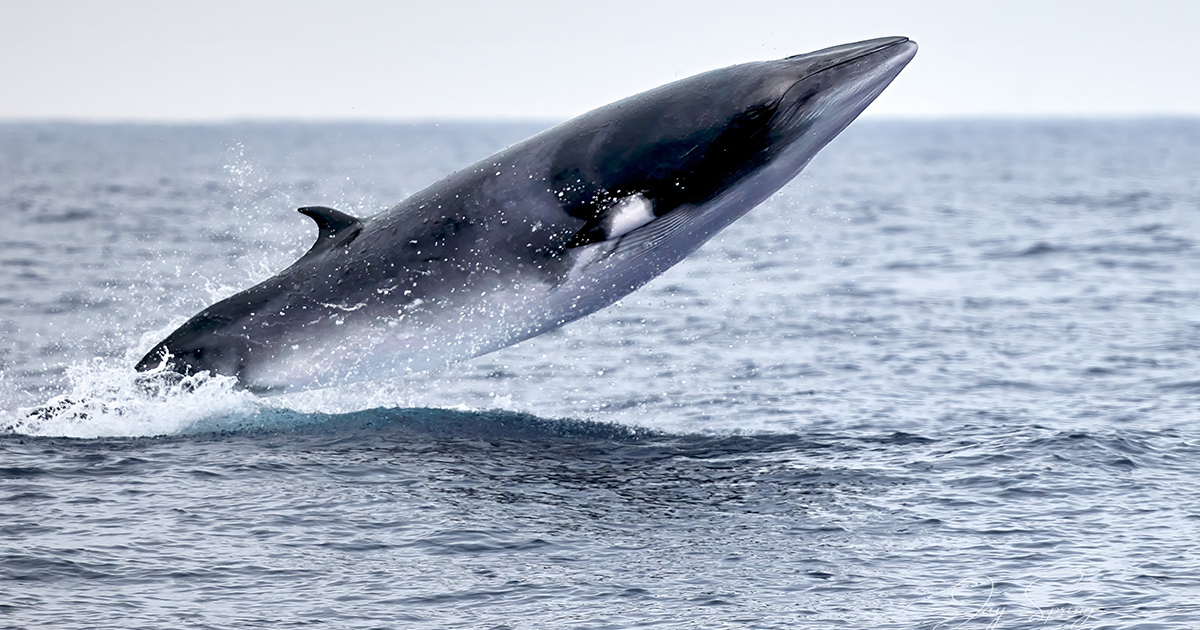Breakthrough Study Reveals Baleen Whales’ Ultrasonic Hearing Capabilities
In a groundbreaking study published in Science, researchers have tested the hearing abilities of baleen whales for the first time, uncovering remarkable insights into their auditory range. The study, conducted in 2023, involved capturing two juvenile minke whales off the coast of Norway. Measuring 12 feet long and weighing approximately one ton each, the whales were fitted with gold-plated electrodes on their skin to record brain responses to various sound frequencies. The research revealed that these marine giants can detect ultrasonic frequencies far higher than previously believed, suggesting this ability might play a critical role in evading predators like killer whales.
Controversy Surrounding Research Methods The Minke Whale Hearing Project has sparked considerable debate within the marine research community. Conservation groups and scientists expressed concerns over the ethical implications of temporarily capturing the whales for testing. Organizations such as the Whale and Dolphin Conservation opposed the project, citing the stress and potential harm inflicted on the animals. In 2021, the group sent an open letter to the Norwegian government urging the study’s cancellation, arguing that non-invasive alternatives could achieve similar scientific outcomes without risking animal welfare.
Defending the Research Despite the controversy, proponents of the study emphasized its adherence to rigorous ethical and scientific standards. Brandon Southall, a marine acoustic consultant, stated that the project was conducted under strict protocols and provided invaluable data for shaping ocean noise management policies. Insights from the study are expected to inform regulations under frameworks like the Marine Mammal Protection Act, particularly as underwater noise pollution continues to impact marine ecosystems globally.
Implications for Marine Conservation The discovery that baleen whales can hear ultrasonic frequencies has significant implications for their conservation. Understanding their auditory range can help researchers better predict the impact of human-generated noise, such as shipping and industrial activities, on these animals. Additionally, the findings open new avenues for studying how whales navigate their environment and respond to threats. While the methods used remain a point of contention, the study underscores the importance of advancing marine science to protect these majestic creatures in an increasingly noisy ocean.


















